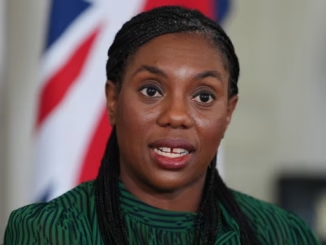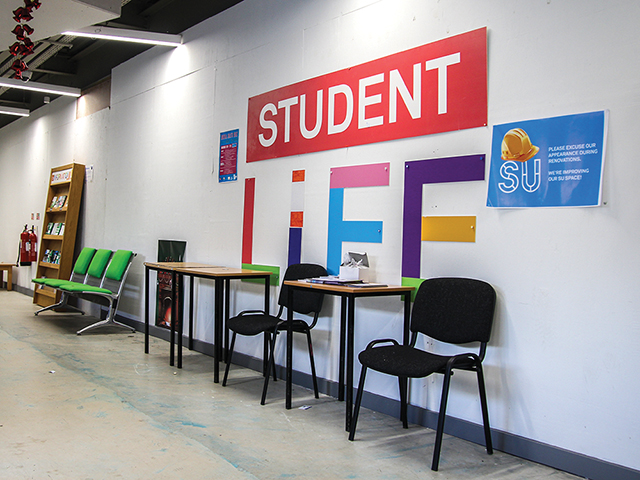
[dropcap]I[/dropcap]n April of this year just over 200 women found out that they had been given incorrect all-clear smear test results. Eighteen of these women have died and accountability has become a political football.
Vicky Phelan, a 43 year old woman from Limerick with terminal cancer, first exposed the cervical cancer screening scandal. She brought the case to the High Court and was awarded €2.5 million in damages, saying that she was “given no hope” when she was diagnosed. Within a fortnight after Phelan’s case broke the media, Stephanie Quinn, whose name has been changed as she did not wish to be identified, received a phone call from The Coombe Hospital.
After the phone call, Stephanie tried not to read too much about the scandal in the media.
“I was trying not to delve too much into it because I was frightened, I was very very upset over it,” she explained to The College View.
A week after the phone call, Stephanie was called into the Coombe and was told at that point that she was one of the 208 women. She had a smear test done six years ago and another one three years later. Both came back to her as normal at the time which was incorrect.
“It had six years to potentially grow inside me. That’s the way a lot of women felt, a death sentence around your neck,” says Stephanie.
In 2008, the system of the National Cervical Screening Programme was changed. Instead of the smear tests being tested in Ireland, they were outsourced to the States. Before this happened, Dr. Gibbons told RTE that he warned Tony O’Brien, former CEO of Cervical Check, that outsourcing smear tests to the States would lead to missed cases and misdiagnosis of cancer. He was concerned that there would be a ‘mismatch’ of systems because the US test smear samples annually while in Ireland it is every three years.
After a biopsy, another smear test and other exams, Stephanie was told that she would get the results in a maximum of six weeks but that after two she would be told if there was anything to worry about or not. Almost four months later, she still heard nothing.
“It was an absolute disgrace, for all I knew I had terminal cancer,” she recalled. Thankfully, a nurse who had been working on the case gave her an indication that there wasn’t anything to worry about.
Stephanie only finished getting the official results three weeks ago. She was HPV negative. Stephanie was put through a terribly worrisome three months, but she was one of the lucky ones of the 208 women affected. Miriam O’Brien, a 34 year old mother from Donegal died in August of 2013 from stage 2 cervical cancer just nine months after receiving the all clear. Just weeks before she died she told her family: “If anything happens to me, tell the world what they did.”
Danielle Miley, Miriam’s sister told The Independent that “She felt it shouldn’t be happening to her because she’d done everything right. She had all of the tests, they all came back clear and she never missed an appointment – how was it missed? Emma Mhic Mhathuna, a mother of five, was diagnosed with terminal cancer in early May of this year. She received a smear test in 2013 that incorrectly came back as normal. She said “Women are dead, they’re people’s daughters and they’re mammies, all the children are in so much pain … no amount of money can replace this.”
Although Taoiseach Leo Varadkar confirmed that all women affected by the controversy would qualify for some compensation he said that he declined to accept legal liability for all the cases taken against the state and the testing laboratories. Varadkar met with Phelan on August 1st and explained to the Irish Times that he wanted to seek her advice on how he could “best achieve what we all wanted to achieve which was trying to have a system of redress and compensation that avoids women having to take the stand in court, restoring confidence in the CervicalCheck screening programme and making sure we get to the truth and the facts.”
“My children are going to grow up and ask questions- why did Mam die- and if nobody’s held accountable then they are going to take on the hatred and the fear and I don’t want
that,” Emma Ni Mhauthuna said to RTE News. She explained that she hasn’t accepted that she is dying because she is so worried that people are going to get away with it.
“Although I am clear I went through four months of hell. It’s like playing Russian roulette with people’s lives and it’s four months I haven’t had a decent night’s sleep. Women who have been affected need closure and to know what happened,” concluded Stephanie.
Ciara O’Loughlin
Image credit



